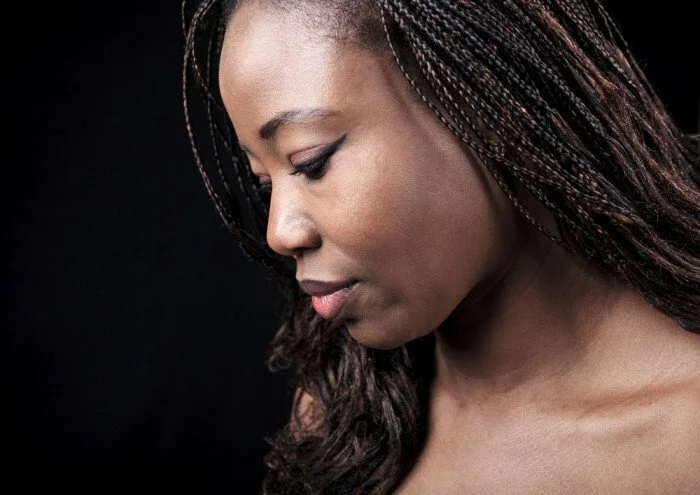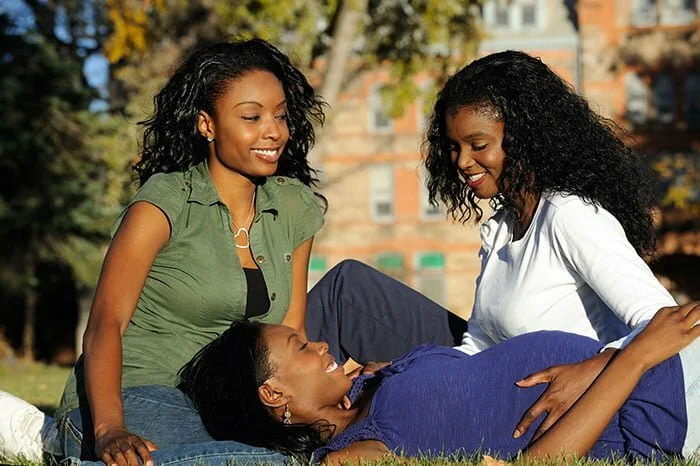During my service year, I was among the NYSC NCCF(Nigeria Christian Corpers Fellowship) and we did regular community service whereby we went round to rural areas and donate few items to the less privileged. It was during one of these our community service that I met a small girl who was a little over a year old and after conversing with her mother I found out that the girl was deaf.
I was drawn to her because she was a twin and her twin(a girl also) was very jovial and everywhere but she was so quiet,I noticed she did not talk much she just stuck to her mother’s side throughout.
Her mother said that she noticed her daughter had not started talking properly, would not respond when being called unlike her twin. She initially said she thought she was just quiet and did not take her to the hospital until she was about 9 months.
This struck a chord with me because I wondered what could have been if it had been noticed earlier on and how they would have been able to tell that their baby was deaf early.
Many children are born deaf because of a genetic reason. Deafness can be passed down in families even though there appears to be no family history of deafness. Deafness can also be caused by complications during pregnancy.
Illnesses such as rubella, viral infection, parasitic infections and herpes can cause a child to be born deaf. There is also a range of medicines, known as ototoxic drugs, which can damage the hearing system of a baby before birth.
Children may become deaf after they are born. Being born prematurely can increase the risk of being deaf or becoming deaf. They may also be born with severe jaundice or experience a lack of oxygen at some point. Both of these can cause deafness.
In early childhood there is a range of things that can be responsible for a child becoming deaf. Infections like meningitis, measles and mumps can cause deafness.
Your baby’s ability to hear is in large part the foundation of his ability to learn. A hearing screening is the most important early way to tell if a baby’s hearing is impaired, but parents also need to be alert for warning signs.
Signs of hearing loss can be different for different babies, and the extent of hearing impairment can vary. There are various signs to look out for depending on how old your baby is:
Birth to 3 Months
- Becomes quiet when around everyday voices or sounds
- Reacts to loud sounds: baby startles, blinks, stops sucking, cries, or wakes up
- Makes soft sounds when awake: baby gurgles
3 to 6 Months
- Turns eyes or head toward sounds: voices, toys that make noise, a barking dog
- Starts to make speech-like sounds: “ga,” “ooh,” “ba,” and p, b, m sounds
- Reacts to a change in your tone of voice
6 to 9 Months
- Responds to soft sounds, especially talking
- Responds to own name and looks when called
- Understands simple words: “no,” “bye-bye,” “juice”
- Babbles: “da da da,” “ma ma ma,” “ba ba ba”
9 to 12 Months
- Consistently responds to both soft and loud sounds
- Repeats single words and copies animal sounds
- Points to favorite toys or foods when asked
Hearing is very important for the development of a child because it holds them back when compared to their age mates. It is important that hearing problems are detected early so the child can get help early. If you notice any of these signs in your child it is important that you report to a doctor immediately so as to give the baby the best quality life possible.














